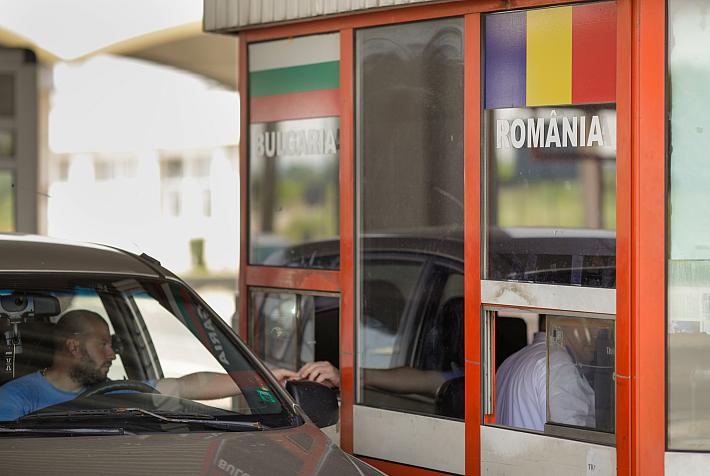Romania should offer better protection to vulnerable groups, says Human Rights Commissioner

“Romania must show a much stronger commitment to effectively protecting the human rights of persons with disabilities, children and Roma”, said Nils Muižnieks, the Council of Europe Commissioner for Human Rights, who, together with his delegation, made a visit in Romania this year, between March 31 and April 4.
Following this visit, during which he held discussions with state authorities and non-governmental, national and international organisations, the commissioner released a report in which he focused on several issues in Romania, including the human rights of persons with disabilities, children and Roma.
According to him, many persons with disabilities, including children, are isolated from society and kept in institutions where they often face inhumane and degrading treatment, and they are even abused.
“Deinstitutionalisation should be a priority, along with effective investigations into all allegations of ill-treatment. In this context, the setting up of an efficient national mechanism for the prevention of torture would be an essential measure,” said the commissioner.
He also recommends reviewing domestic legislation to recognise the right of persons with disabilities to enjoy legal capacity on an equal basis with others in all aspects of life, and also better access to mainstream education for children with disabilities.
Another concern is the situation of the 80,000 children left behind by parents working abroad and of at least 6,000 children living on the street. Muižnieks says the Romanian authorities should increase their efforts to prevent child abandonment and the long-standing phenomenon of children living on the streets.
“Measures are also needed to ensure the reintegration of abandoned children in their families or in alternative settings, in the best interests of the child,” he adds.
The commissioner notes with satisfaction the efforts which led to the registration of thousands of Roma children and to the delivery of identification documents to more than 30,000 Roma adults. He says he also welcomes the successful measures adopted to help include Roma children and youth in the education system and to promote the teaching of the Romani language and Roma history in schools.
However, he says the school drop-out rate of Roma pupils remains too high and this requires stronger action, including making better use of Roma mediators.
However, these efforts are undermined by widespread anti-Gypsyism that includes hate speech, recurring inter-ethnic conflicts and violence against Roma.
The entire report can be read here.
Irina Popescu, irina.popescu@romania-insider.com












